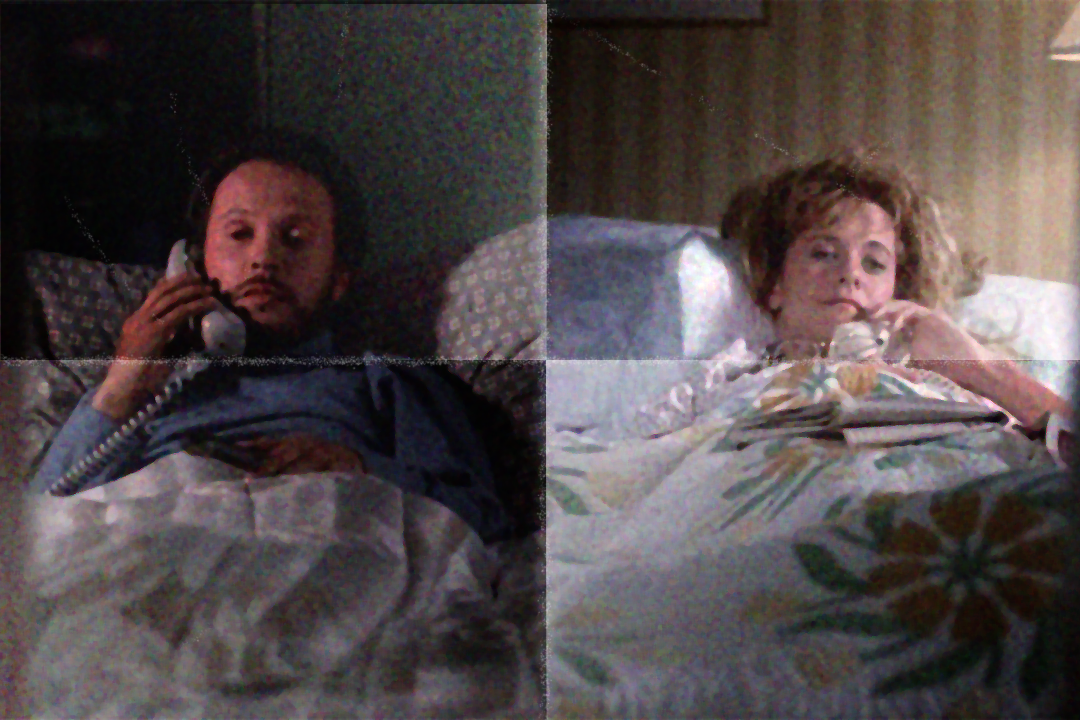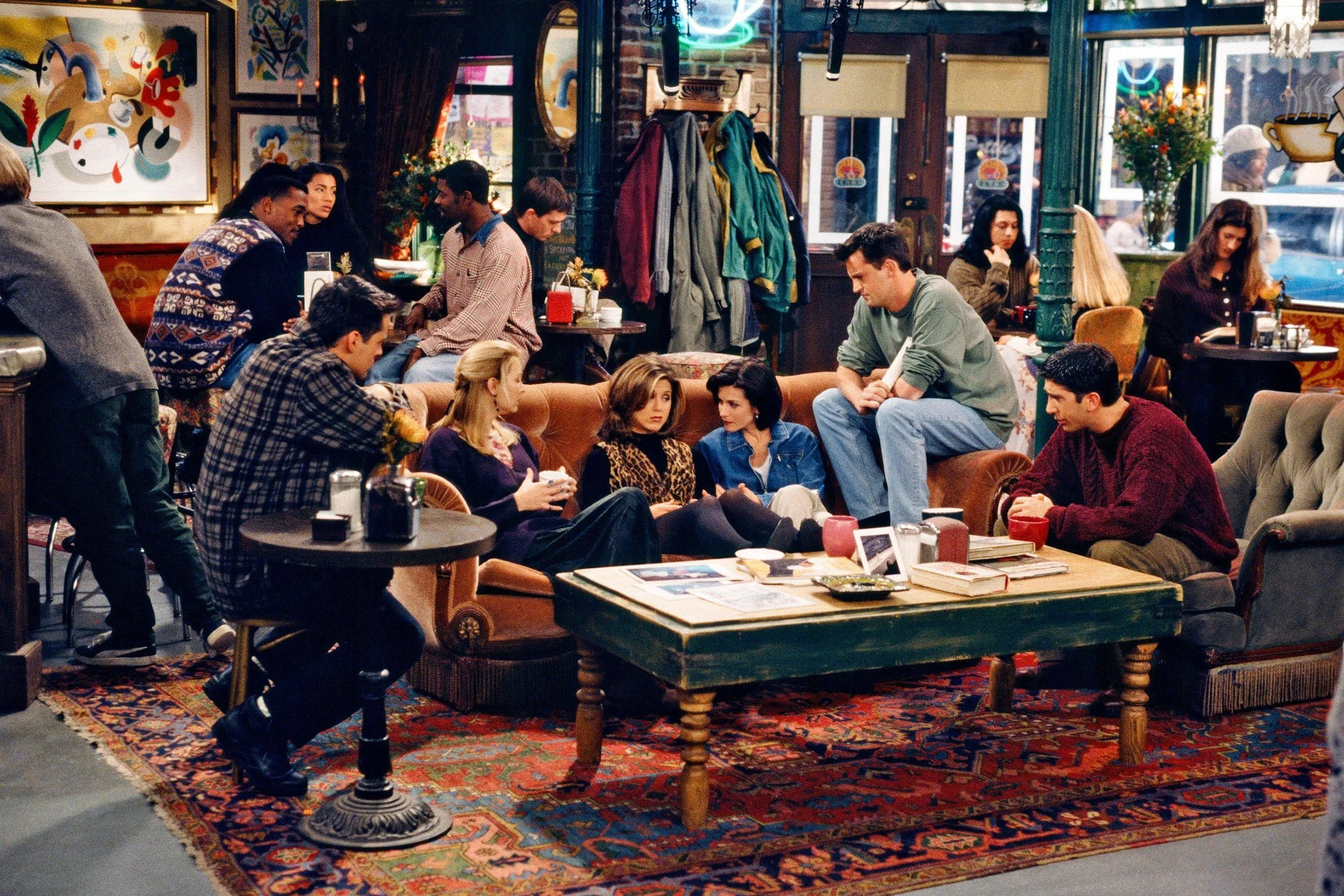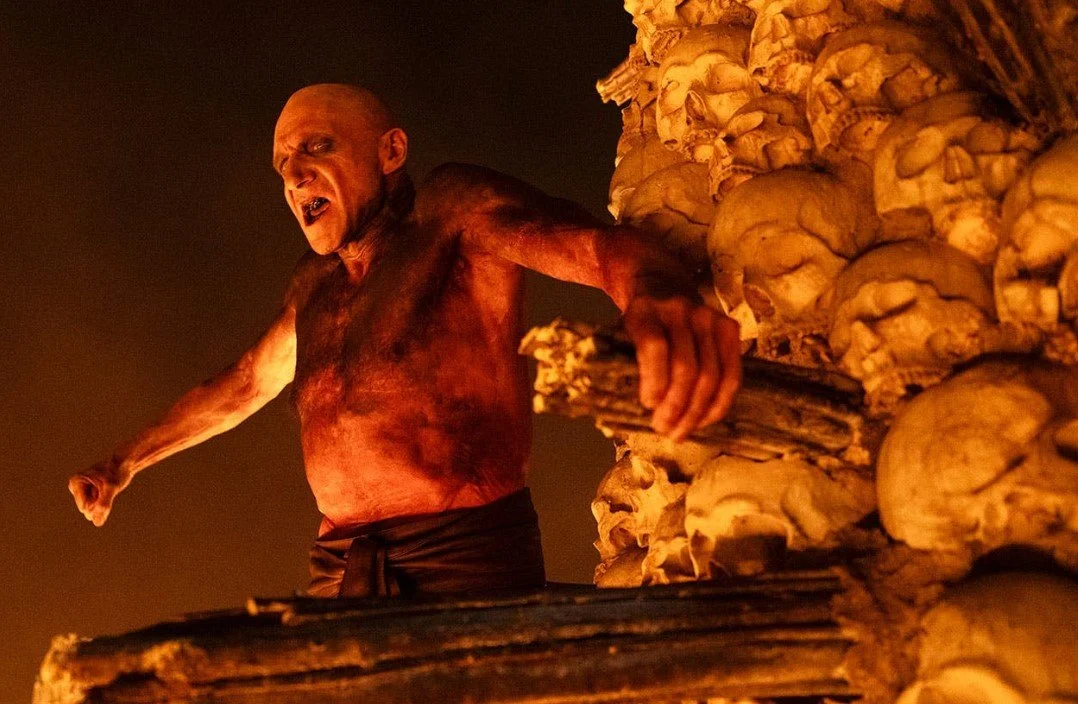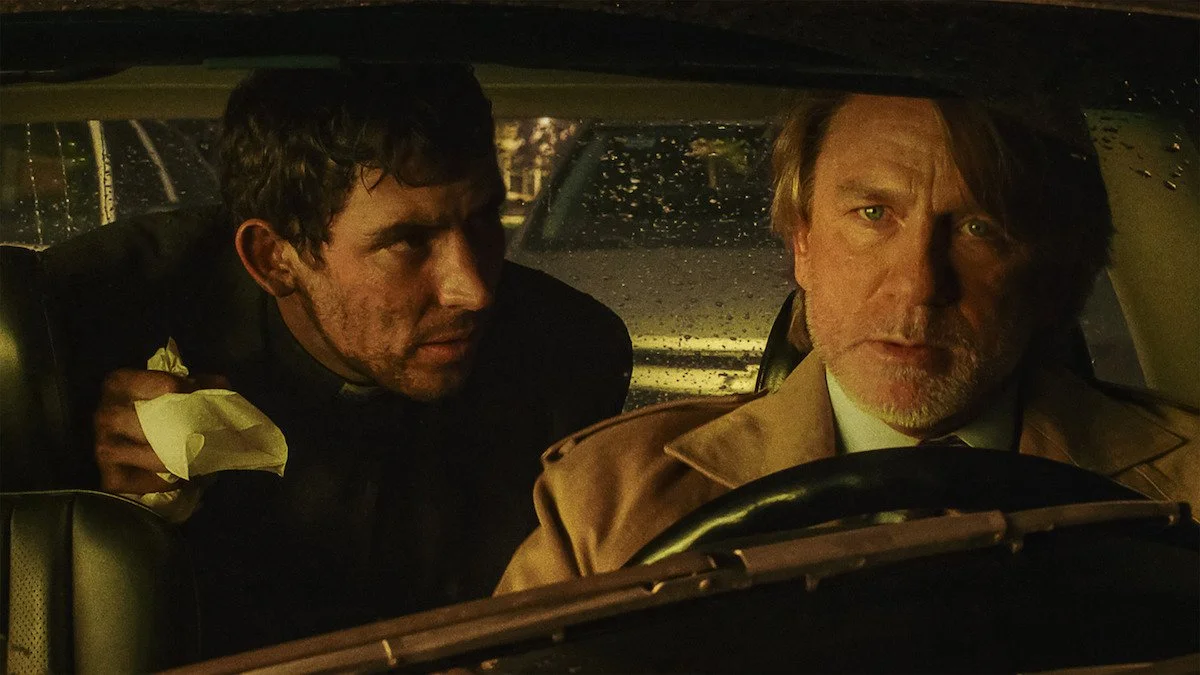‘When Harry Met Sally’ and the Mortifying Ordeal of Being Known
‘When Harry Met Sally’ and the Mortifying Ordeal of Being Known
When Harry Met Sally revolves around the progression of Harry (Billy Crystal) and Sally’s (Meg Ryan) relationship over the course of several years. The pair goes from being antagonistic to each other to becoming reluctant conversationalists, from being strangers to becoming friends and finally lovers. There’s a certain charm in seeing how naturally their relationship develops as they get to know each other, and it never feels forced.
I didn’t initially like When Harry Met Sally when I first saw it. This may come as a shock, given that I’m writing about it, but it wasn’t for me. I was introduced to the film when I was in early high school, and I remember thinking, “That’s it? That’s the modern romcom that everyone puts on their greatest-of lists?” Revisiting it as someone in her 20s flipped my opinion of it completely.
The best romantic comedies have language at its heart, whether spoken, like dialogue, or unspoken like touch, looks, and gestures. These films expose the true beating core of what we want as humans: to have true connection with someone. We yearn to be known, especially in an age where it seems like everything is calculated to be perfectly placed on a social media feed.
In Adam Lazreg’s Medium article titled The Misconception of Love in Modern Society, he writes: “With the rise of social media, we are bombarded with carefully curated images and stories that project an idealized version of love. We witness grand gestures and picture-perfect moments, but rarely glimpse the raw, messy, and transformative aspects of genuine love. We’ve become spectators, observing others’ love lives through the lens of a screen, often forgetting that true love requires vulnerability, compromise, and genuine connection.”
So many of these 90s and early 2000s romcoms are a window into a time when we weren’t constantly performing for or in fear of an invisible audience. You could hang up the phone and anyone who wanted to reach you simply had to be patient. You didn’t have the luxury of cyberstalking someone’s Instagram before you met them. There was a patience and ability to take your time that I miss when talking about love in the modern day.
One of Nora Ephron’s most famous quotes is, “Everything is copy.” It’s the idea that everything in our lives can serve as inspiration for a story,- whether you write it down or tell it as a funny story to your friends. I truly think this idea drives so much of Ephron’s writing, and especially the dialogue in her films. Something I’ve always admired about her work is her ability to write dialogue that’s witty and incredibly real and honest. Her characters go through struggles so many people go through, and are unafraid to say it out loud.
I think of the scene where Sally breaks down to Harry about her ex getting married. Harry asks her: “If you could take him back right now, would you?” And Sally tearfully replies: “No! But why didn’t he wanna marry me? What’s the matter with me?” Before breaking down the reasons why she thinks he didn’t want to marry her.
I’m pretty sure we’ve all been there when we’ve gotten our hearts broken. We question why we’re so unlovable and call up and cry to our family or friends, who end up reassuring us of their love for us, much like Harry returning all of Sally’s negative self-talk with his positive views of her. The timelessness of this movie comes not from its iconic New Year’s scene, but from the way it holds up and celebrates not just grand gestures, but the little moments in our every day.
One of the reasons why I love Nora Ephron and Nancy Meyers films is that they center around little moments of intimacy. We don’t see Harry and Sally in manicured, overly perfect sets and locations, but in places we see in our lives: an airport, a beloved local restaurant, in a car driving somewhere. We see them talking to each other on the phone or playing around in a department store. or teasing each other about their love lives. I may not have been seeing myself on screen as a Southeast Asian gal, but these were experiences that I could relate to and moments I remember treasuring because they made me feel loved.
This imperfection is something I miss a lot when watching modern romantic comedies. I see people on Twitter go back to watch this and other Ephron films and call the male leads ugly, and I can’t help but think about how that’s such a modern way of looking at romance and romantic comedies as a whole. But that’s not the point.
Speaking of the New Year’s Eve scene, it’s arguably one of the most recognizable romcom scenes and is the film’s version of a “grand gesture.” What gets me is not the fact that Harry ran across New York to tell her he loves her, but it’s how he tells her.Just as the clock strikes twelve and after yet another argument, Harry confesses:
“Then how about this way? I love that you get cold when it's 71 degrees out. I love that it takes you an hour and a half to order a sandwich. I love that you get a little crinkle above your nose when you're looking at me like I'm nuts. I love that after I spend the day with you, I can still smell your perfume on my clothes, and I love that you are the last person I wanna talk to before I go to sleep at night. And it's not because I'm lonely, and it's not because it's New Year's Eve. I came here tonight because when you realize you want to spend the rest of your life with somebody you want the rest of your life to start as soon as possible.”
Harry doesn’t tell Sally that he loves her despite all these things. He tells her loves her because he knows her and knowing her is what made him realize that he loves her.
I remember this being what got me so incredibly emotional the first time I revisited the movie. I think at the end of the day, the fantasy of a romantic comedy is not just the romance itself, but the idea of someone loving you, and understanding you with all of your flaws and taking you as you are.
Another aspect of the film that I find ties into this notion are the talking head scenes of married couples. Each couple talks about how they met the other and what it took to get them there. They’re not perfect, magical love stories, but there is so much love and affection radiating off the couples when they talk about the lives they've lived together. Even when we get Harry and Sally’s, their end segment is about how they took a long while to get there. And also how they had the chocolate sauce on the side of their coconut cake. It’s not perfect, and that’s the point.
There’s an internet famous (or infamous, depending on who you are) quote that goes: “If we want the rewards of being loved, we have to submit to the mortifying ordeal of being known.” It’s the last line of an essay titled “Oof” by Timothy Kreider. He actually published a follow- up essay titled “I Am a Meme Now and So Are You” after his words went viral online and wrote: “But the things people love about you aren’t necessarily the things you want to be loved for. They decide they like you for reasons completely out of your control, of which you’re often not even conscious. It’s certainly not because of the big act you put on, all the charm and anecdotes you’ve calculated for effect. (And if your act does fool someone, it only makes you feel like a successful fraud.).” People do not love us for the self we present online, at least I don’t think in a way that’s deep and genuine.
In the modern age, I think that we will not find love waiting for us, but instead what we can all learn from When Harry Met Sally and Ephron’s other work is how it takes intention and guts to be vulnerable and honest. I’m hoping that one day, I learn to be and you get to learn that too.





















